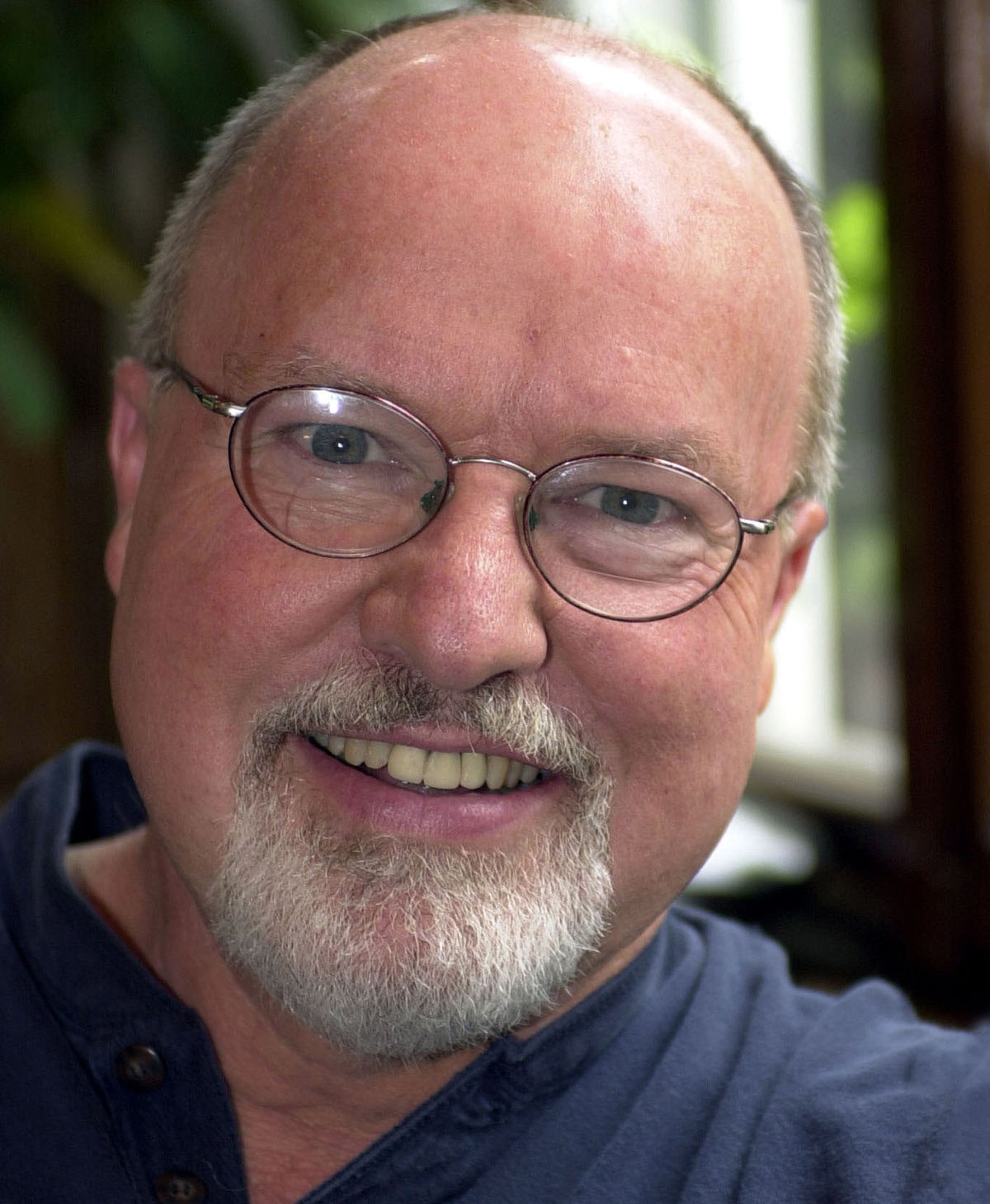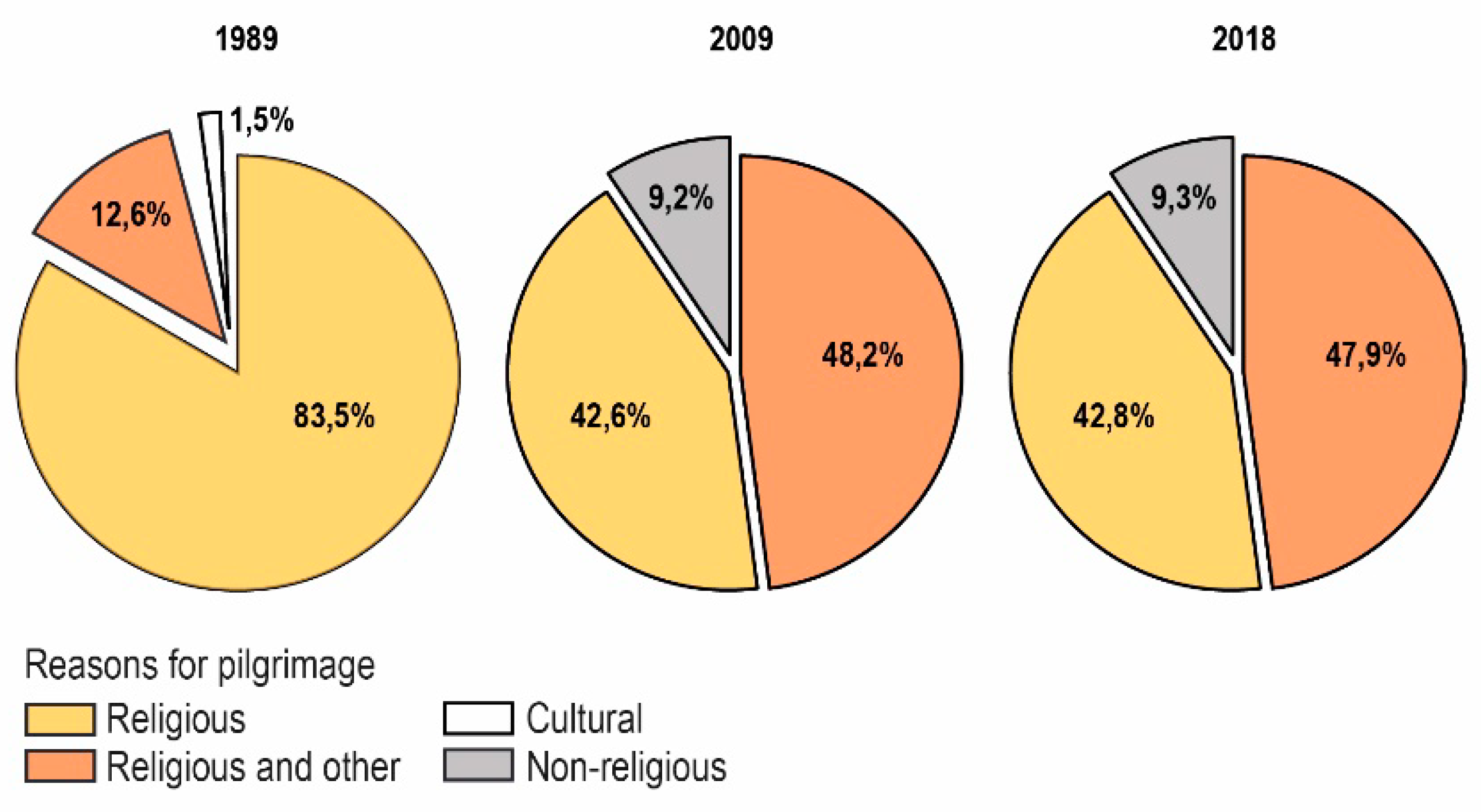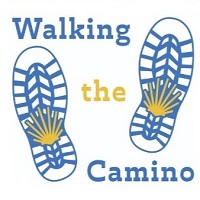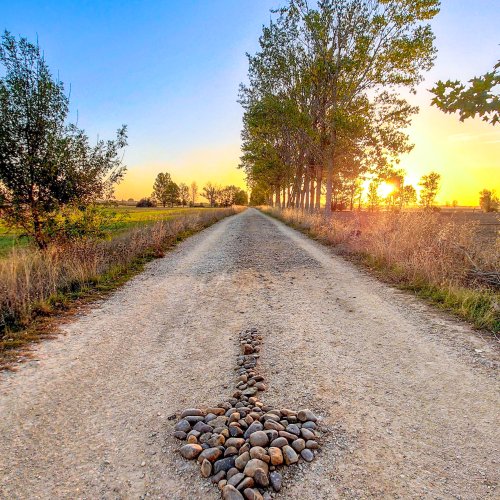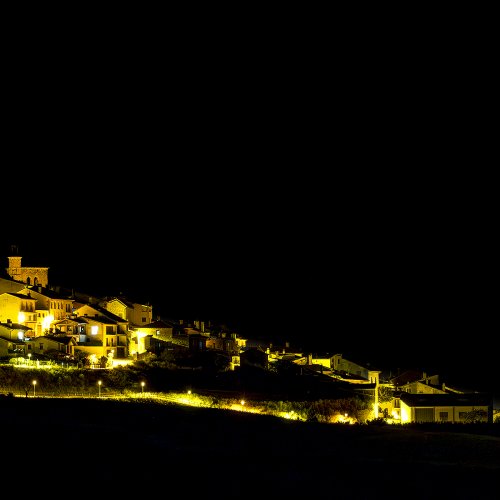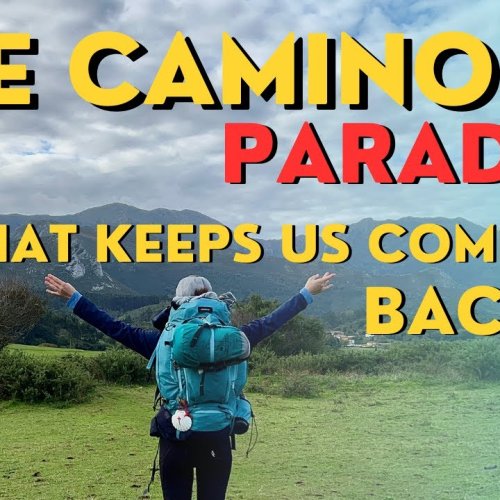- Time of past OR future Camino
- Many, various, and continuing.
Fr. Richard Rohr OFM is an American Franciscan priest and writer on spirituality based in Albuquerque, New Mexico. He was ordained to the priesthood in the Roman Catholic Church in 1970. In 2011, PBS called him "one of the most popular spirituality authors and speakers in the world".
This is taken from a talk he gave at Lourdes; reprinted online as a daily meditation at https://cac.org/daily-meditations/pilgrims-not-tourists-2023-03-06/
We continue sharing excerpts from Father Richard’s 1983 talks on pilgrimage. In this presentation in Lourdes, France, Richard offers some historical background on the practical actions that pilgrims had to take before they underwent a spiritual pilgrimage.
By the high Middle Ages, there were all kind of books written for pilgrims. These were spiritual books guiding pilgrims as to how to prepare themselves. Preparation was required before they went on pilgrimage.
First of all, you had to make amends with everyone you had ever wronged. Also, if you went on pilgrimage holding any kind of unforgiveness, it could not be a good pilgrimage. You couldn’t leave your town until you’d forgiven everyone who’d ever wronged you. Certainly, this is an attitude that we can pray for at the beginning of any pilgrimage: that God would keep our hearts open and loving, because a pilgrimage can’t just be a tourist trip. The meaning of a pilgrimage is an interior journey. Primarily, it’s an interior journey enacted exteriorly.
Richard shares his hope that his fellow pilgrims embark upon such an interior journey:
When we return home in three weeks or less, if no interior journey has happened, we really haven’t made a pilgrimage. Understand? We’ve just been tourists. We’ve traveled around and said, “I saw this, and I saw that, and I bought this,” and so forth. But that’s what a tourist does, not a pilgrim. And God has called us on pilgrimage.
Secondly, and a practical, interesting thing, is that if they were going to go on pilgrimage, pilgrims had first to ask permission of their wife, husband, and family. The idea was that they had to leave everything in right relationship at home. If they had any material debts, they also had to pay those before they left. They couldn’t go on pilgrimage until their spiritual and physical debts were paid, and they had permission from all the right people.
Next, they had to go to confession before leaving. Sometime in the course of a pilgrimage, celebrating some kind of reconciliation was deemed very appropriate. Again, there’s that cleansing, that letting go. Perhaps those of us who’ve already been down to the Grotto [1] have seen the basin of water on the far end with the words that Mary spoke to Bernadette. It states, “Go wash your face and cleanse your soul.” What a symbol of reconciliation! It’s a prayer. Above all else, pilgrimage is praying with your body, and it’s praying with your feet. It’s an exterior prayer, and the exterior prayer keeps calling you into the interior prayer.
[1] The Grotto of Massabielle is the place where the Virgin Mary is said to have appeared to Bernadette Soubirous in 1858.
Adapted from Richard Rohr, On Pilgrimage: Lourdes, Holy Land, Assisi, Rome (Cincinnati, OH: Franciscan Media, 2014), CD.
This is taken from a talk he gave at Lourdes; reprinted online as a daily meditation at https://cac.org/daily-meditations/pilgrims-not-tourists-2023-03-06/
Pilgrims, Not Tourists
We continue sharing excerpts from Father Richard’s 1983 talks on pilgrimage. In this presentation in Lourdes, France, Richard offers some historical background on the practical actions that pilgrims had to take before they underwent a spiritual pilgrimage.
By the high Middle Ages, there were all kind of books written for pilgrims. These were spiritual books guiding pilgrims as to how to prepare themselves. Preparation was required before they went on pilgrimage.
First of all, you had to make amends with everyone you had ever wronged. Also, if you went on pilgrimage holding any kind of unforgiveness, it could not be a good pilgrimage. You couldn’t leave your town until you’d forgiven everyone who’d ever wronged you. Certainly, this is an attitude that we can pray for at the beginning of any pilgrimage: that God would keep our hearts open and loving, because a pilgrimage can’t just be a tourist trip. The meaning of a pilgrimage is an interior journey. Primarily, it’s an interior journey enacted exteriorly.
Richard shares his hope that his fellow pilgrims embark upon such an interior journey:
When we return home in three weeks or less, if no interior journey has happened, we really haven’t made a pilgrimage. Understand? We’ve just been tourists. We’ve traveled around and said, “I saw this, and I saw that, and I bought this,” and so forth. But that’s what a tourist does, not a pilgrim. And God has called us on pilgrimage.
Secondly, and a practical, interesting thing, is that if they were going to go on pilgrimage, pilgrims had first to ask permission of their wife, husband, and family. The idea was that they had to leave everything in right relationship at home. If they had any material debts, they also had to pay those before they left. They couldn’t go on pilgrimage until their spiritual and physical debts were paid, and they had permission from all the right people.
Next, they had to go to confession before leaving. Sometime in the course of a pilgrimage, celebrating some kind of reconciliation was deemed very appropriate. Again, there’s that cleansing, that letting go. Perhaps those of us who’ve already been down to the Grotto [1] have seen the basin of water on the far end with the words that Mary spoke to Bernadette. It states, “Go wash your face and cleanse your soul.” What a symbol of reconciliation! It’s a prayer. Above all else, pilgrimage is praying with your body, and it’s praying with your feet. It’s an exterior prayer, and the exterior prayer keeps calling you into the interior prayer.
[1] The Grotto of Massabielle is the place where the Virgin Mary is said to have appeared to Bernadette Soubirous in 1858.
Adapted from Richard Rohr, On Pilgrimage: Lourdes, Holy Land, Assisi, Rome (Cincinnati, OH: Franciscan Media, 2014), CD.





